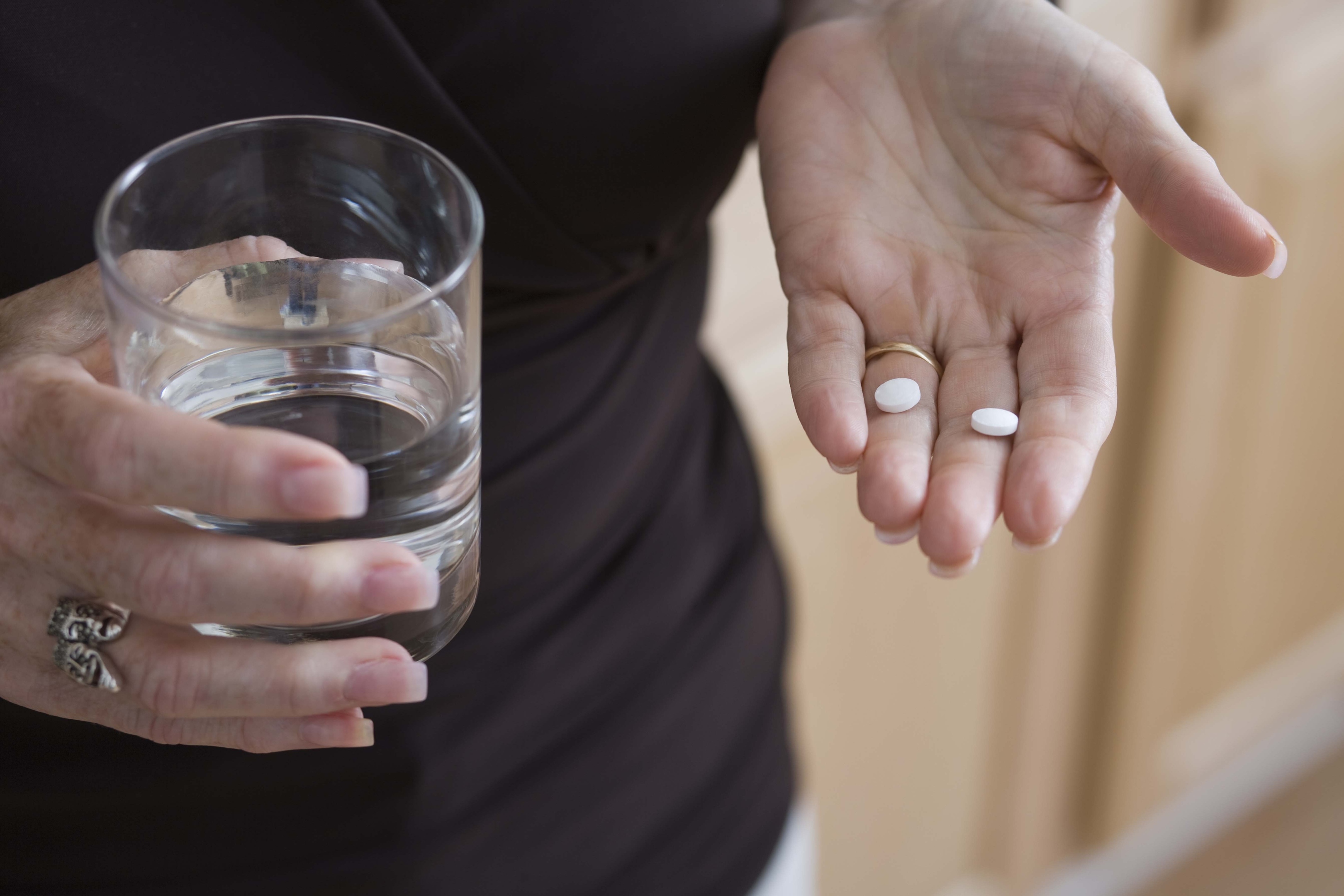Over-the-counter drugs may be readily available, but that doesn’t mean they don’t come with risks. Ella Walker reports on the bitter side of popping those pain pills
It’s so easily done … A couple of ibuprofen here, some antihistamine there, two more paracetamol to keep that pesky headache at bay. Are you even keeping count? If you’re prone to reaching straight for the pain relief medicine without always considering if: A; you’ve eaten or drunk enough (a must if you’re taking ibuprofen), or B; you’ve exceeded the maximum daily dosage (always read the back of the packet!), you’re not alone.
A recent ITV documentary, Over-the-Counter Addiction, explored the nation’s relationship with non-prescription codeine-based painkillers, and how quick we are to knock them back.
The programme also delved deeper, looking at tightened regulations, the risks of addiction and just how easy pills are to buy in large batches, considering the proceeds boost the drugs industry by some £500million every year.
GETTING HOOKED
Nick Barton, chief executive of charity Action on Addiction, explains that addiction to over-the-counter (OTC) medicines is a situation you can inadvertently end up in without really realising. “Addiction to over-the-counter medications, like those with a codeine base, begins because the drugs are effective,” he says. “They generally do what they say they will: make a person feel better. But this is what encourages people to repeat the use. The trouble is, while they may begin use to alleviate a symptom, through repetition they end up taking it simply to avoid withdrawal and, in a vicious circle, may also develop more symptoms.”
WHAT ARE OTC MEDICINES?
The NHS defines OTC medicines as ’general sales list (GSL)’ medicines on their website, and explains: “You can buy GSL medicines from pharmacies, supermarkets and other retail outlets without the supervision of a pharmacist and without a prescription. OTC medicines include those used to treat minor illnesses that you may feel aren’t serious enough to see your GP or pharmacist about.” That list includes painkillers containing codeine, ibuprofen, paracetamol, some decongestants and many antihistamines.
HOW DO I KNOW IF I’M ADDICTED?
Action on Addiction characterises addiction as being when a person is physically or psychologically dependent on a substance. They describe dependency as: “A feeling of not being able to do without a drug and a desperate need to obtain and consume the drug to alleviate feelings that arise from not having it.” Symptoms include increasingly taking more and more of the medicine as your tolerance heightens and the relieving affects you seek lessen; struggling to cut down on how many pills you are popping; concealing this fact from loved ones, and feeling guilt over the extent of your drug consumption.
LONG-TERM DAMAGE
Aside from the anxiety and social repercussions of addiction – it can affect your personal and professional relationships, in turn putting pressure on your finances – OTC medicines can also inflict physical damage on your body, particularly to your digestive system, liver and kidneys. They can also induce severe headaches.
SEEKING HELP
As in most cases, acknowledging you have a problem and talking about it is the best place to start. Nick Barton says: “The first thing to do is tell someone about what you think is happening; preferably a doctor, nurse or pharmacist. Or call in confidence a specialist agency like Action on Addiction’s Clouds House, where people are helped to withdraw from all sorts of drugs and addiction”.
To find out more about Action on Addiction, visit www.actiononaddiction.org.uk
